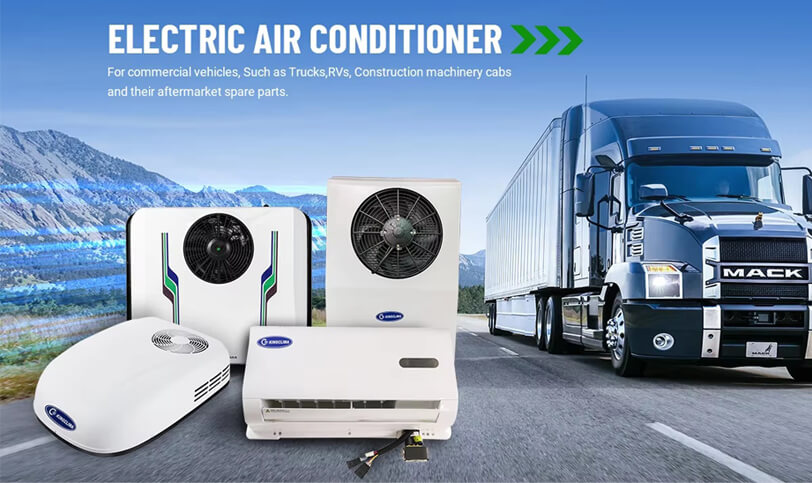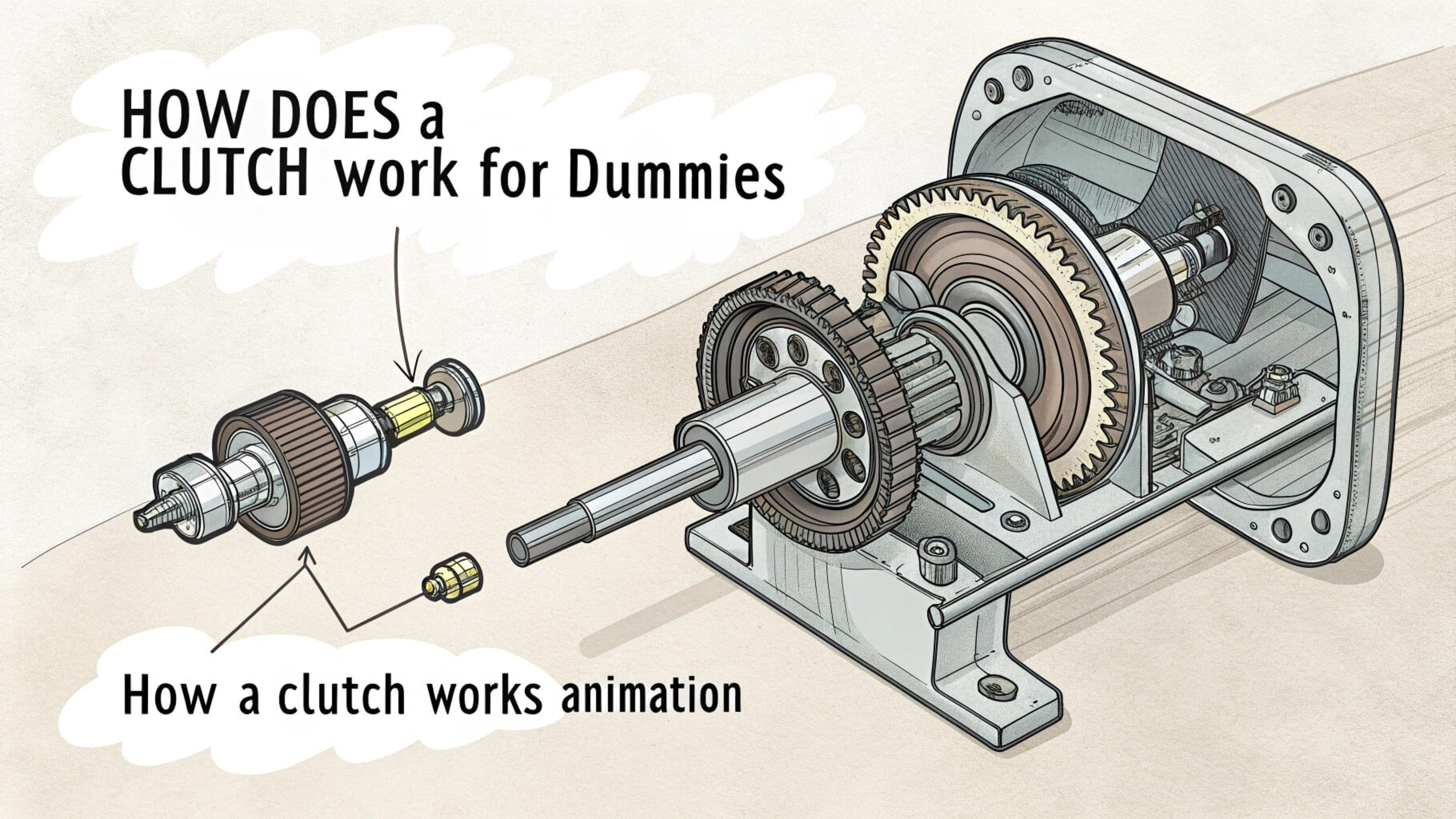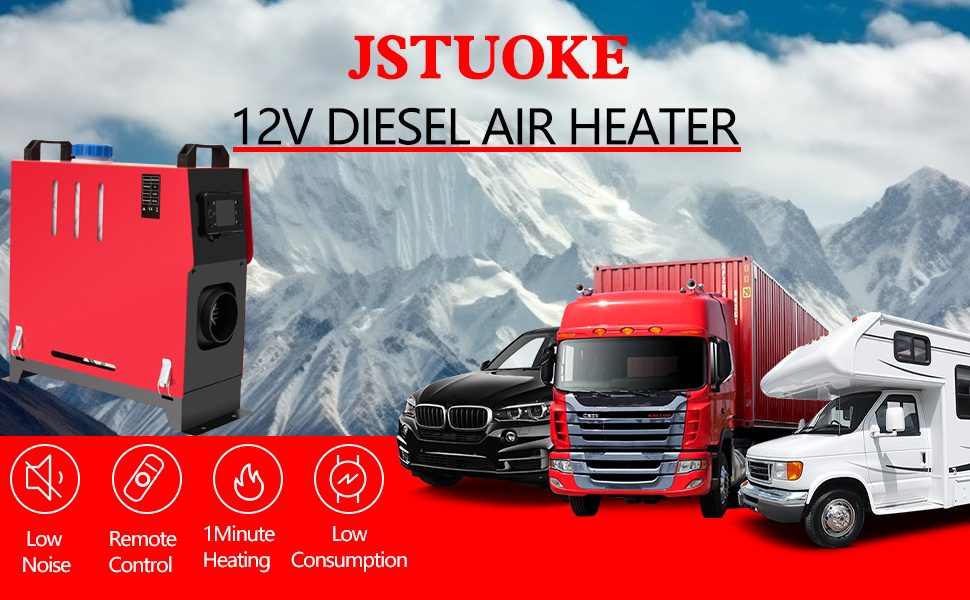
Many farmers and heavy equipment operators struggle with maintaining a comfortable climate inside their tractor cabs. A 12V air conditioner offers a potential solution, but how effective is it? In this article, we’ll dive into the details of 12V air conditioners, from their energy consumption to how long they last on a battery.
A 12V air conditioner for a tractor cab can provide a cooler, more comfortable work environment. However, understanding its efficiency, power requirements, and battery life is crucial for making an informed decision.
Transition paragraph:
Let’s take a closer look at how long a 12V air conditioner can run on a battery and other important considerations.
How long will a 12V battery run an air conditioner?
A common concern when using a 12V air conditioner is how long the battery can support it before needing a recharge. This depends on several factors, including the battery’s capacity, the air conditioner’s power consumption, and the temperature outside. The runtime of a 12V air conditioner on a battery varies, but with the right battery size, you can expect anywhere from a few hours to a full day of use. To get a clear picture of battery life, let's break down the key elements that affect how long a 12V air conditioner will run. First, consider the air conditioner’s wattage. Typically, a 12V air conditioner might consume around 300-500 watts per hour.
A fully charged 100Ah deep cycle battery can provide approximately 1,200 watts of energy before needing a recharge. Thus, the runtime of your air conditioner will depend on both the battery size and the power consumption of the air conditioner. For example, if you’re using a 12V air conditioner that draws 300 watts per hour, and you’re using a 100Ah battery, the estimated runtime could be around 4 hours. However, running the system continuously at full capacity might decrease the battery life faster, especially in hot weather where the air conditioner needs to work harder to cool the air.
| Battery Capacity | Estimated Run Time (hrs) |
|---|---|
| 50Ah | 2-3 hours |
| 100Ah | 4-5 hours |
| 200Ah | 8-10 hours |
When selecting a battery for a 12V air conditioner, it’s important to account for factors like the air conditioner’s power needs, ambient temperature, and whether you plan on using the air conditioner continuously or intermittently.
Additional Resources
-
For more detailed calculations on how long a 12V battery can last with different loads and inverter efficiencies, refer to Powmr's guide
-
To understand power usage and battery requirements specifically for campervans and RVs, check out The Ultimate Guide to 12V Air Conditioners
-
For insights into efficiency comparisons between 120V and 12V air conditioners, see Far Out Ride's article
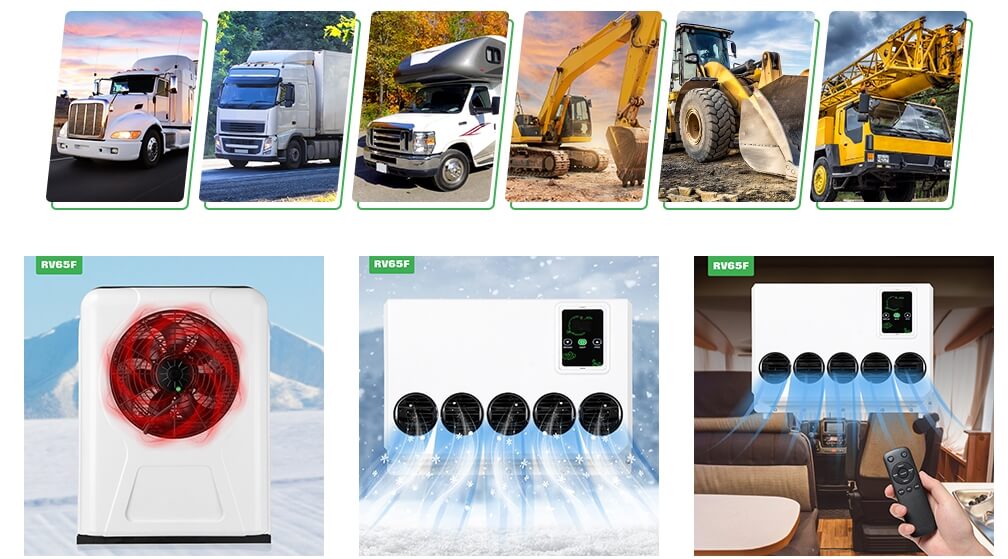
Do 12-volt air conditioners work well?
Many wonder if a 12-volt air conditioner can provide the same level of comfort as traditional AC systems. The answer depends on both the quality of the unit and the expectations you have for cooling performance. While 12V air conditioners can cool a tractor cab effectively, their performance may not match that of higher-powered AC systems in extreme conditions. 12V air conditioners are designed to offer convenience and efficiency in smaller, mobile environments like tractor cabs. They typically use less power than their 110V or 220V counterparts, making them a good fit for battery-powered applications. However, they may not provide the same level of cooling as larger AC systems, especially during extreme heat.
The performance of a 12V air conditioner depends on several factors: the quality of the unit, the airflow, and the insulation of the tractor cab. Higher-quality models, like the Portable 12V air conditioner for tractor cab, tend to offer better performance and efficiency. On the other hand, cheaper models may struggle to maintain comfortable temperatures in hot weather, particularly if the tractor cab is poorly insulated. Another consideration is the air conditioner’s cooling capacity. A 12V air conditioner for tractor cab typically ranges from 5,000 to 12,000 BTUs. While 12,000 BTUs can handle moderate heat, it may not suffice in extreme climates. For example, during a hot summer day, an air conditioner with lower BTU ratings might struggle to maintain a cool environment inside the cab.
| Air Conditioner Model | Cooling Capacity (BTU) | Ideal Use Case |
|---|---|---|
| Portable 12V Model | 5,000-6,000 BTU | Moderate heat |
| Mid-range Model | 8,000-10,000 BTU | High heat |
| High-performance Model | 12,000 BTU | Extreme conditions |
Ultimately, a Best 12V air conditioner for tractor cab will deliver an adequate level of cooling if used in moderate conditions, but it’s essential to manage expectations for particularly hot climates.
Additional Resources
-
For an overview of various 12V air conditioners and their applications in campervans and mobile environments, refer to The Ultimate Guide to 12V Air Conditioners for Campervans
-
To compare power consumption between 12V and traditional AC units, see BLUETTI's Ultimate Guide To 12V AC Unit For Campervans
-
For insights on efficiency and features of specific 12V air conditioning models, check out Far Out Ride's article on 12V Air Conditioners
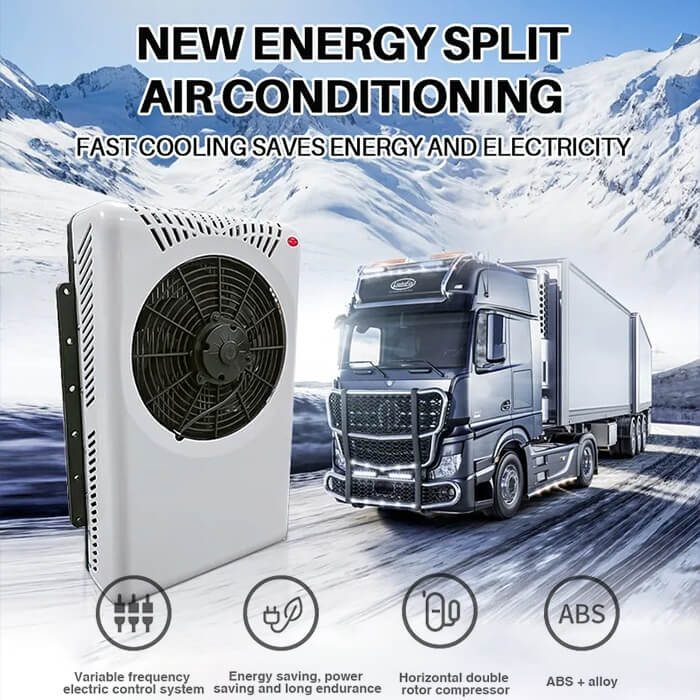
How many amps does a 12V air conditioner draw?
Understanding how many amps a 12V air conditioner draws is important for ensuring your battery can handle the load. Let’s explore this in more detail to understand the energy requirements. A typical 12V air conditioner can draw anywhere from 25 to 40 amps, depending on its size and cooling capacity. This will impact the battery life and overall energy consumption. To calculate the amp draw, it's crucial to understand the relationship between wattage and amperage. For instance, a 12V air conditioner drawing 300 watts will draw 25 amps (since watts = volts x amps). A more powerful air conditioner, with a cooling capacity of 12,000 BTU, can draw up to 40 amps per hour. Here’s a basic formula to help you calculate the amp draw of your air conditioner:
Amps=VoltsWatts
For example, if you have a 12V air conditioner that consumes 480 watts, the amp draw would be:
Amps=12480=40amps
The higher the amp draw, the faster the battery will drain. If you’re using a 12V air conditioner for tractor cab for sale and need it to run for several hours, you’ll want to select a battery that can handle this level of draw, preferably one with a higher amp-hour (Ah) rating.
| Air Conditioner Model | Amp Draw (amps) | Battery Size (Ah) |
|---|---|---|
| 5,000 BTU Model | 25 amps | 100Ah |
| 8,000 BTU Model | 30 amps | 150Ah |
| 12,000 BTU Model | 40 amps | 200Ah |
Additional Resources
-
For more detailed calculations regarding amp draw and energy consumption of different air conditioning units, see Sensibo's guide on Air Conditioner Amps
-
To understand how to calculate the amperage draw of various 12V AC units, check out Calculator Academy's Air Conditioner Current Calculator
-
For insights into specific models and their power requirements, refer to My Generator's article on running caravan air conditioners from batteries

Will a 2000-watt generator run a 12000 BTU air conditioner?
Another important question is whether a 2000-watt generator can power a 12,000 BTU 12V air conditioner. Let’s analyze this. A 2000-watt generator can generally power a 12,000 BTU air conditioner, but you must consider startup surge power and the continuous power draw. A 12,000 BTU air conditioner typically requires between 1,000 to 1,500 watts of power during normal operation. However, it will require a higher power surge to start up, which can be around 1.5 to 2 times the rated wattage. Therefore, for a 12,000 BTU unit, the startup power could be between 2,000 and 3,000 watts.
A 2000-watt generator is on the lower end of the spectrum when it comes to handling this startup surge, and it may struggle to power the air conditioner if the generator is not of high quality. While the generator can handle the continuous power demand of a 12,000 BTU unit (around 1,500 watts), the surge capacity might be insufficient for a smooth startup. For reliable performance, it’s better to choose a 2000-watt generator with a peak surge capacity of at least 3,000 watts. This will ensure that it can handle the startup surge and continue to power the air conditioner throughout the day.
| Generator Capacity | Ideal Air Conditioner Size | Surge Capacity Needed |
|---|---|---|
| 2000 watts | 12,000 BTU | 3000 watts |
| 3000 watts | 12,000-15,000 BTU | 4500 watts |
| 5000 watts | 20,000 BTU | 6000 watts |
Additional Resources
-
For detailed insights into how much power different air conditioners require and their startup surge characteristics, refer to Bardi's Guide to Understanding Air Conditioner Energy Consumption
-
To understand surge wattage better and its implications for running appliances like air conditioners on generators, see HVAC-Talk's discussion on methods for reducing startup surge requirements
-
For practical tips on selecting generators based on appliance needs and understanding their limitations during startup phases, check out Power Equipment Forum's thread on calculating A/C startup surge
Conclusion
In conclusion, a 12V air conditioner for a tractor cab can be a practical solution for keeping your cab cool. Here are the key takeaways:
- Battery life depends on the air conditioner’s power draw and battery capacity.
- Performance varies, but higher-quality models work well in moderate heat.
- Amp draw impacts battery life; larger systems may need more powerful batteries.
- Surge power from generators is crucial for startup—ensure the generator can handle it.
- Choosing the right model and battery ensures a more comfortable and efficient solution.
Remember, selecting the best 12V air conditioner for your needs depends on your
specific situation, so take time to assess both cooling performance and power requirements.

